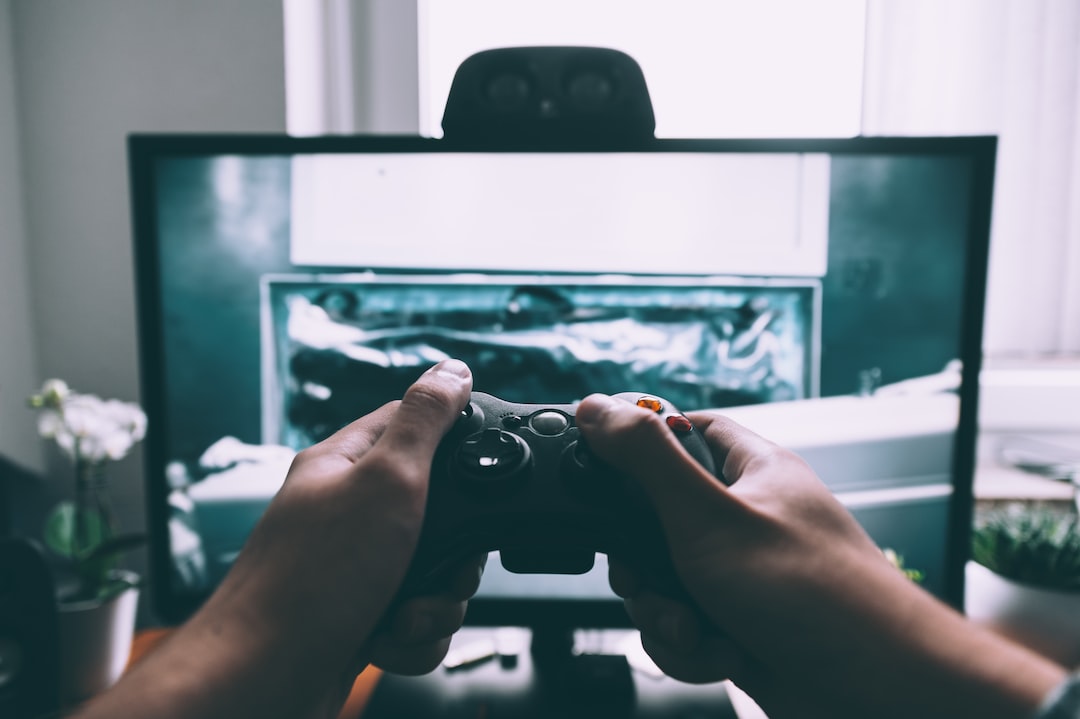How Gaming Can Improve Mental Agility and Problem-Solving Skills
Over the years, video games have gained a reputation for being a mindless form of entertainment, often associated with sedentary behavior and limited cognitive stimulation. However, recent research suggests that gaming can actually have a positive impact on mental agility and problem-solving skills. In this article, we will explore the ways in which gaming can enhance cognitive abilities and provide a platform for training the brain.
One of the main ways in which gaming improves mental agility is through its capacity to challenge and stimulate the brain. As players navigate through complex virtual environments, they are required to make split-second decisions, strategize, and adapt to new situations. This constant engagement prompts the brain to think critically and problem-solve in real-time, improving cognitive flexibility and enhancing mental agility.
In addition to challenging decision-making, gaming also promotes the development of problem-solving skills. Many modern video games are designed to be puzzles in themselves, featuring intricate quests, riddles, and challenges that necessitate logical thinking and creative problem-solving. Players must analyze the situation, recognize patterns, and devise appropriate strategies to overcome obstacles. This process not only keeps the mind sharp but also nurtures the ability to solve problems efficiently, a skill that can be transferred to real-life scenarios.
Furthermore, gaming can provide a platform for social interaction and collaboration, which can also contribute to improved problem-solving skills. Many popular games, such as multiplayer online games and cooperative adventure games, require players to work together as a team to achieve their goals. In these contexts, players must communicate effectively, delegate tasks, and coordinate their efforts, fostering teamwork and cooperation. These skills are crucial not only in gaming but also in professional and personal settings where collaboration is key.
Moreover, gaming can have a positive impact on mental health by serving as an avenue for stress relief and relaxation. Engaging in an immersive gaming experience can help individuals escape momentarily from their daily worries and anxieties. This temporary escape not only provides mental relief but also a chance for the brain to rest and recharge. Research has shown that moderate gaming can reduce stress levels, decrease symptoms of anxiety and depression, and improve overall well-being.
It is important to note that like any other activity, moderation is key when it comes to gaming. Excessive gaming can have negative consequences on mental health and cognition, leading to addiction and neglect of other essential aspects of life. Therefore, it is essential to strike a balance between gaming and other activities, ensuring that it remains a recreational pursuit and not an excessive habit.
To make the most of gaming’s potential benefits, it can be helpful to choose games that are known for their cognitive challenges and problem-solving elements. Puzzle games, strategy games, and role-playing games are often recommended for their mental stimulation and cognitive benefits. In addition, exploring a diverse range of genres can provide a well-rounded cognitive training experience, as different games require different cognitive skills.
In conclusion, gaming can be a valuable tool for enhancing mental agility and problem-solving skills. By challenging the brain, promoting critical thinking, and enabling social interaction, gaming provides a unique platform for cognitive training. However, it is important to maintain a balanced approach to gaming to reap its benefits while avoiding its potential drawbacks. So, the next time you pick up a controller, remember that gaming can offer more than just entertainment – it can also be a pathway to improved mental aptitude.

